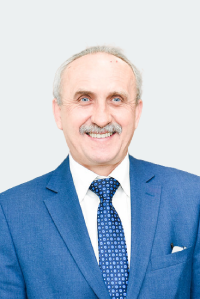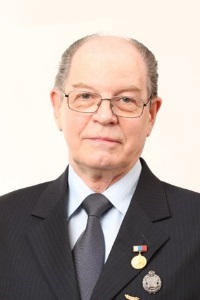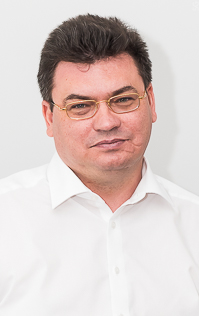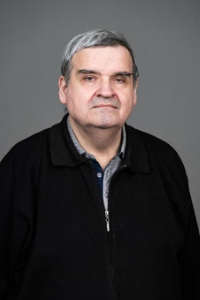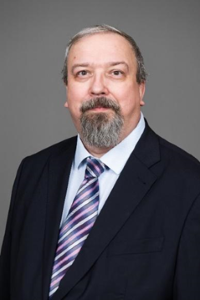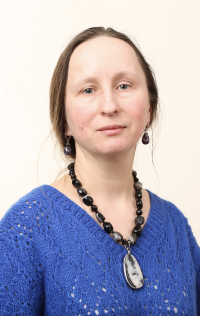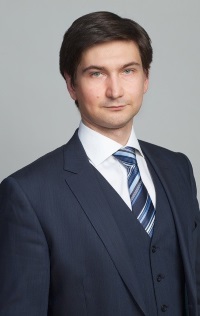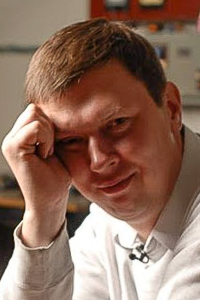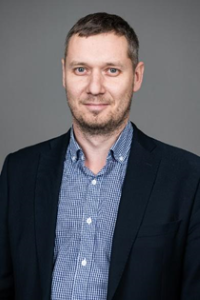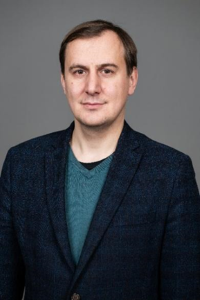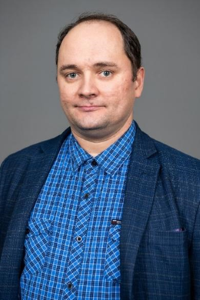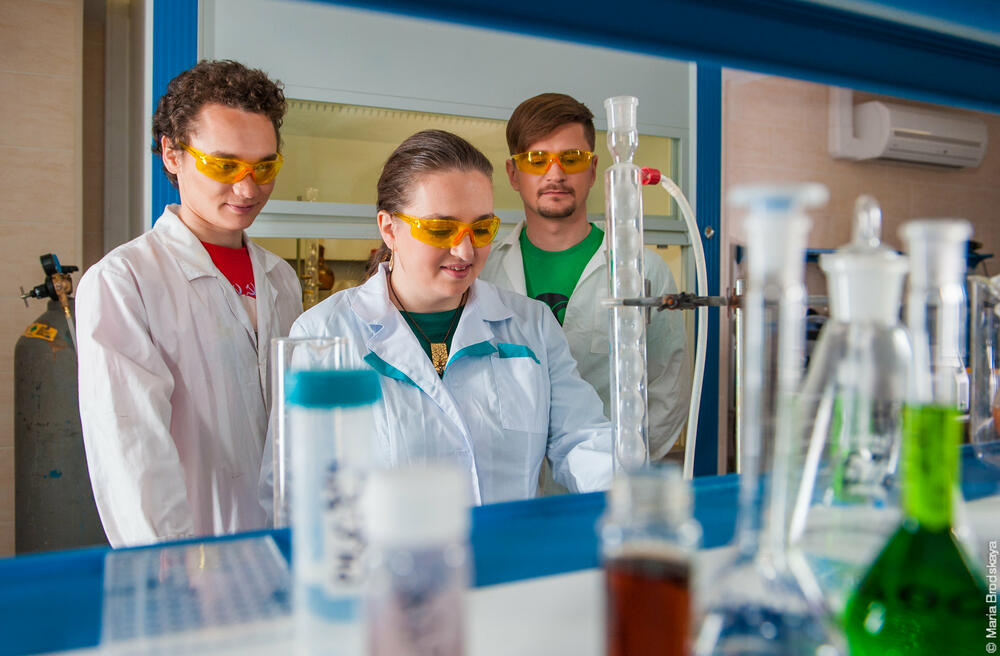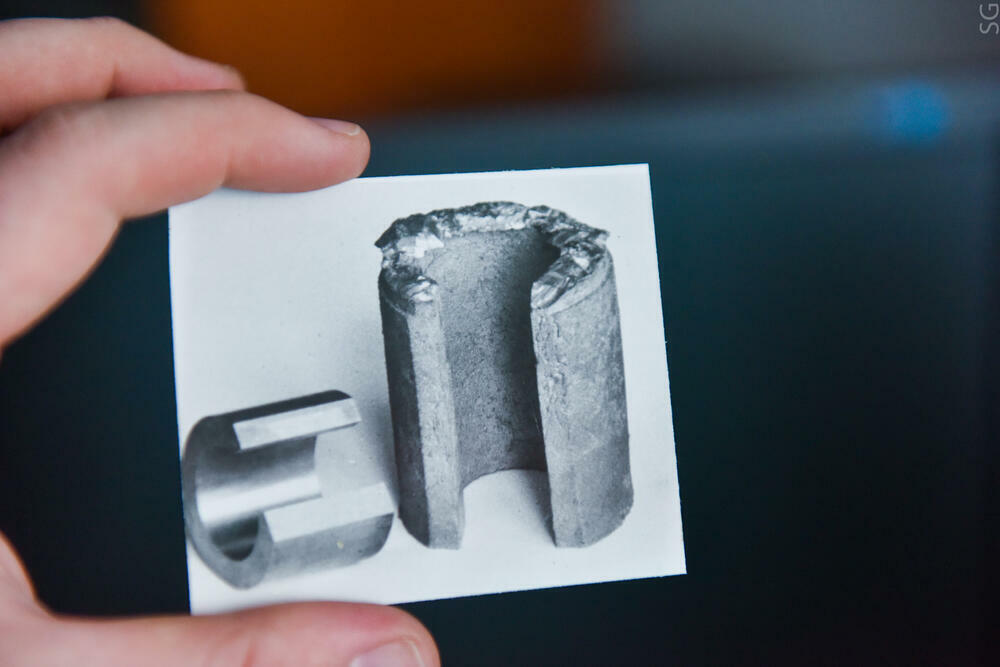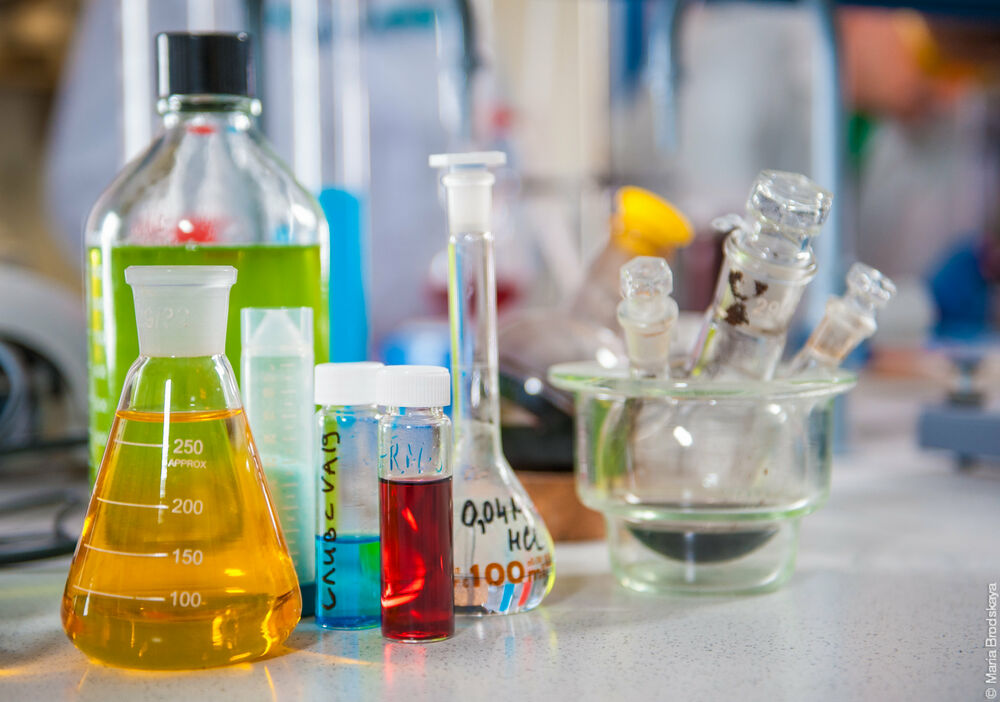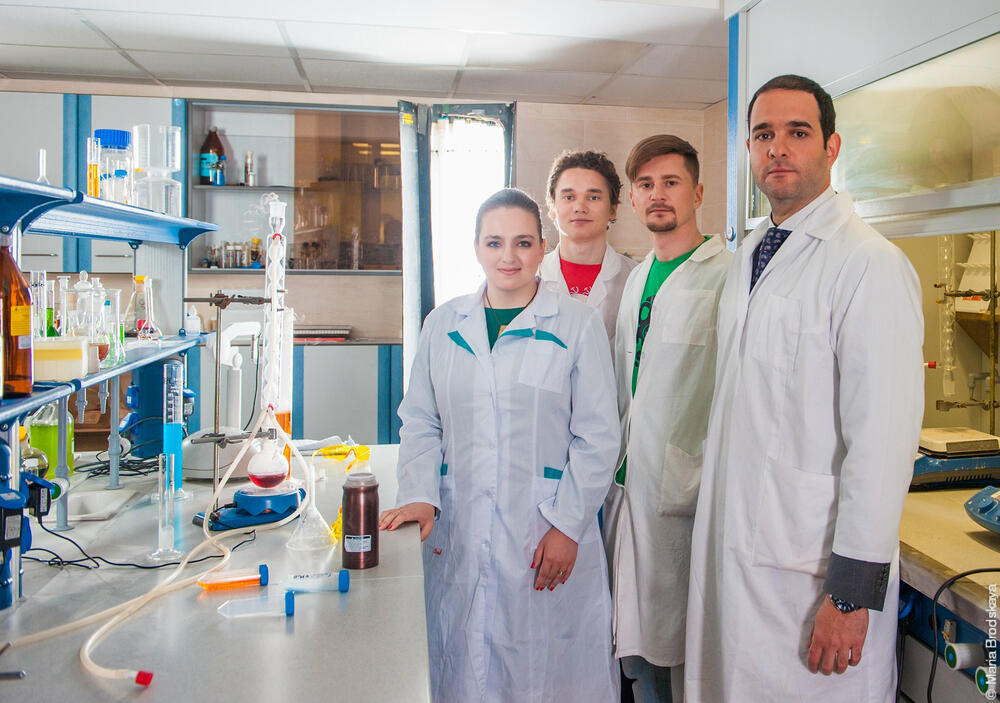Physics, Research Methods, and Technologies of Functional Materials
The Master’s program in Physics, Research Methods, and Technologies of Functional Materials is aimed at training highly qualified specialists in the field of studying the structure and properties of inorganic materials (including nanostructured and nanoscale ones) for various applications, including functional materials with record magnetic properties (soft magnetic and hard magnetic), as well as materials for biomedical applications. From the first year of their Master’s degree, students are involved in the processes of developing, researching and obtaining new materials using unique equipment of the latest generation. Graduates of the program work in leading scientific organizations and companies with high-tech industries.
